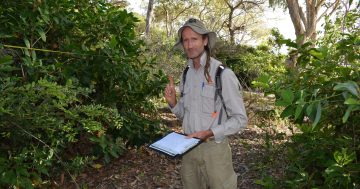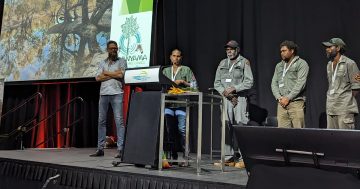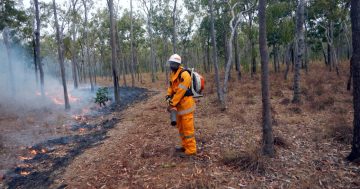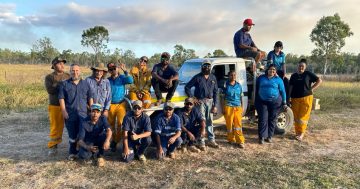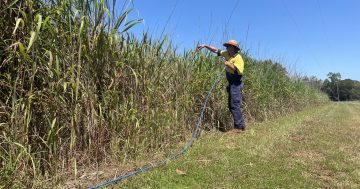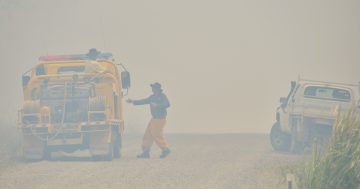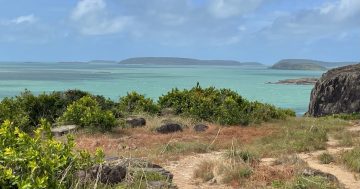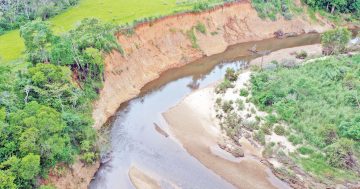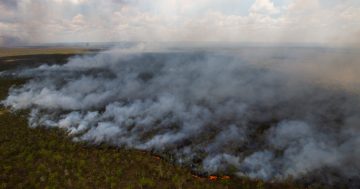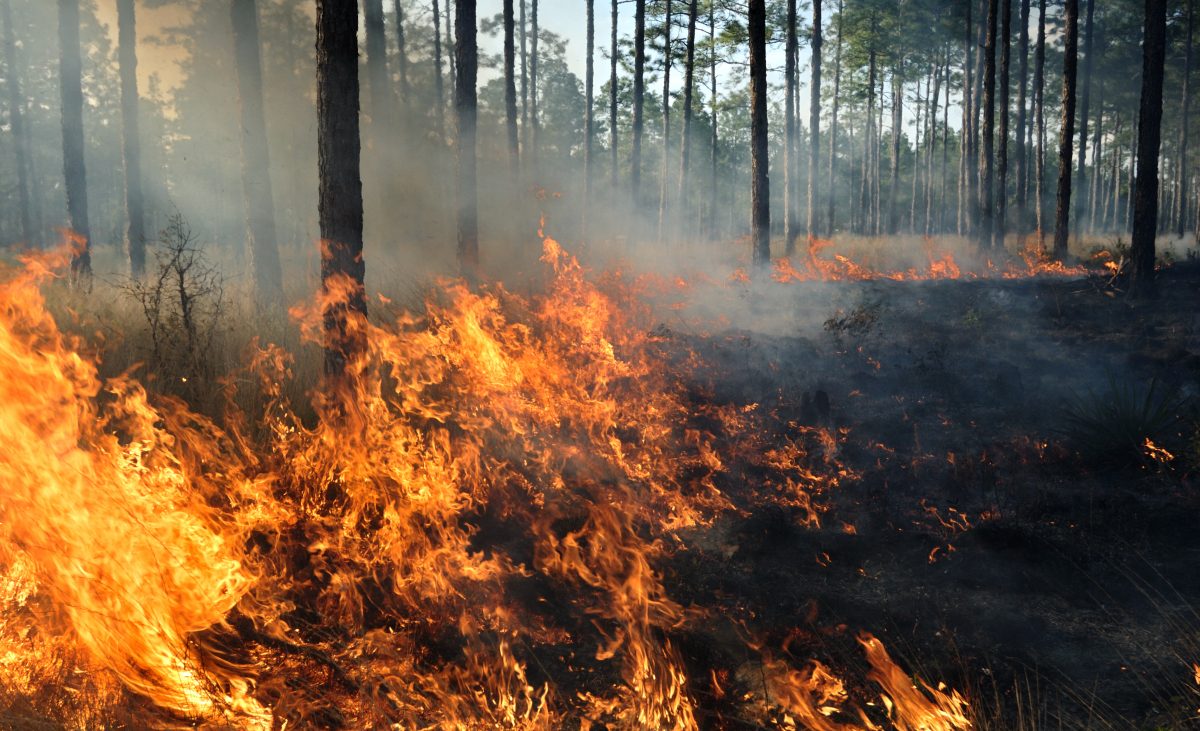
The Cape York NRM is calling for skilled land managers to share their fire management practices to curb vegetation thickening. Photo: PetePattavina.
Cape York Natural Resource Management (NRM) is calling for land owners and land managers to share how their fire planning and regimes are making an impact.
As part of the Woody Thickening Project, the NRM is looking to put together educational resources on fire management and its effect on vegetation.
“We greatly value the knowledge that already exists across Cape York Peninsula, and would like to engage with all land management sectors to hear experiences, the causes and effects of fire regimes, how vegetation is affected and the impacts, both positive and negative, on land management operations,” Cape York NRM Fire Coordinator Andrew Drenen said.
“We are calling and emailing properties and inviting them to take part in a review of how vegetation thickening is managed with fire, observe how before and after operations compare, and even impacts on carbon farming methodologies.”
Vegetation thickening is a phenomenon where certain plant species can dominate and choke out native grassland to the detriment of pastoral production and biodiversity.
Mr Drenen said that historically, fire regimes would have “kept the ecology in good balance”, but different land management practices these days meant some areas experience the thickening.
“Plenty of people still do very skilled fire management, so it’s a matter of learning from them, the Indigenous sector and the national parks,” he said.
“It doesn’t hurt to pull the knowledge together and spread that among others.”
He explained that the project will begin to gather information in late November or early December, as that is the time for storm burns or early wet season burns.
Storm burning takes place after the first rains have arrived when the conditions are not as risky and extreme.
He said the project would also collect data on an ongoing basis as well by monitoring sites to observe any changes in vegetation.
“That is a very long-term thing, to have enough data to indicate if any particular fire regime is beneficial or detrimental,” he said.
The fire management guide is set to be released in mid-2024.
To share your knowledge on fire management, contact Andrew Drenen at [email protected] or 0419 148 426.


